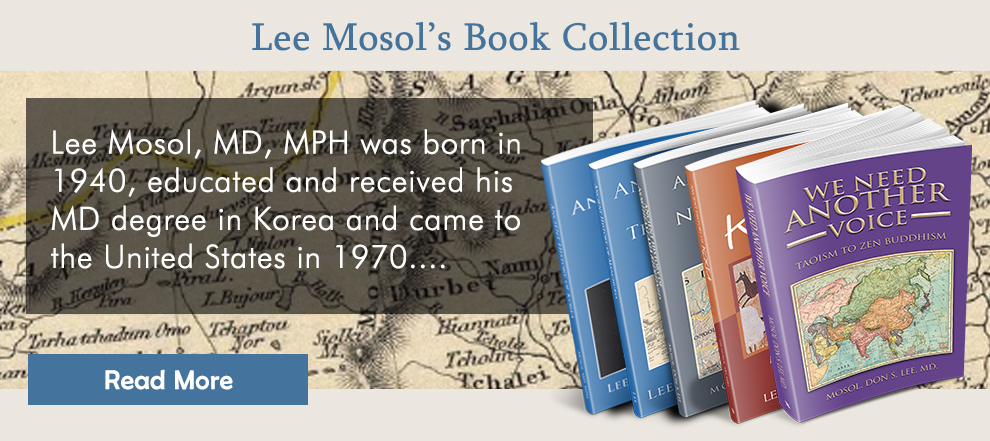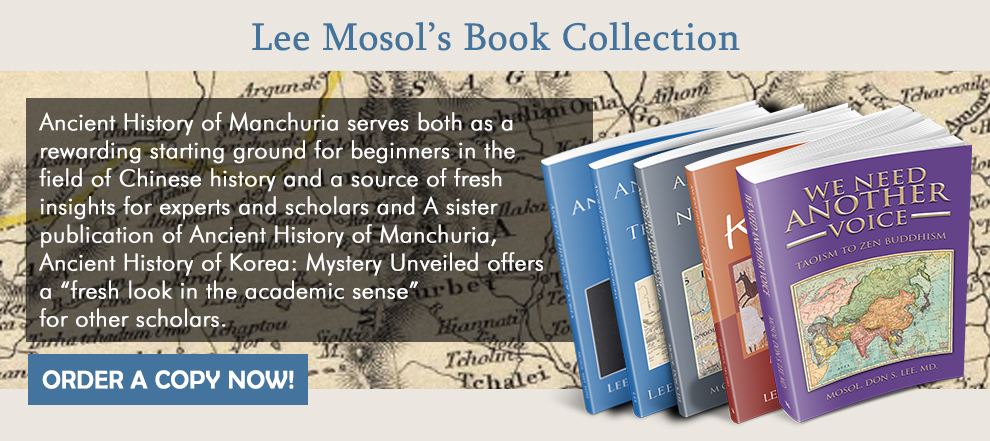How to read the Cao Wei general 毌丘儉:
Kangxi dictionary has a lengthy discussion about the pronunciation and meanings of logogram “毌” with many other logograms . It is not clear which logogram refers the meaning or phonetics. (說文解字) has that logogram read as Kwan “冠, 貫” meaning crown. Oracle bone script (甲骨文) and bronze script (金文) appears to be a jewel on the crown. Yet, other dictionaries and scriptures read it differently. Scholars had been debating about the etymology.
The logogram “毌”is one of many PLCs referring the steppe nomad commonly being described with logograms such as “馬/牟;móu mù mào” and as seen in the battle of Muye(坶野 or 牧野之戰). It was used as a radical of logogram “貫, 本貫” and referring the leader “西王毋” and leader of Old Joseon (天毒) as seen in the Shanhaijing.
Followings are the brief points:
One of the Confucian classics (論語 學而) used the logograms “而, 毋, 無” many times . The phrase “無友不如己者” was recorded as “毋友不如己者” in the “論語 子罕” which makes interpretation more complicated . By reading over classics, the logograms“毋, 無,木, 莫” had been recorded as ““勿; wù” which has same phonetics of “毋; mu” by Korean. It is apparent that the logogram “毋” has a meaning of [High, above, same as the logograms 禹, 魏] embedded.
Ban Gu 班固 (AD 32–92) had cited a phrase of Shijing “毋封靡於爾邦” that is recorded as “無封靡于爾邦” in the current Shijing. He also left [毋追夏后氏之道. 毋追者,言其追大也] that means logogram “毋” has been used Xia period. It refers leader Khan“大”, the leader .
The Records of the Three Kingdoms (三國志 鍾會傳) has the phrase “注易,往往有高麗言”, that is “Now and then Goguryeo word phonetic loan characters in the book of changes” . Yes, indeed! Lots of logograms are PLCs of current Korean language.
As any other phrase in the classics, the phrase “毌丘儉” is a phrase of combined logograms with PLCs and PSMCs. The first one “毌” referring the nomadic tribe. The second one “丘” is a semantic description meaning valley or village. The third one “儉” is a compound logograms of [亻,僉=𠑲, 咸也,皆也] that means a person chosen by all leaders from the four corners. It is the logogram that was made for the first King of the kings (《虞書》曰:僉曰伯夷) whom Korean call (Dangun 단군) Wang gum.
The phrase “毌丘儉” means the leader in the village of nomad.
January 18, 2020
About the Author
Written by Lee Mosol
Retired physician from GWU and Georgetown University in 2010 2011: First Book in Korean "뿌리를 찾아서, Searching for the Root" 2013: Ancient History of the Manchuria. Redefining the Past. 2015: Ancient History of Korea. Mystery Unveiled.
Recent Posts
Recent Comments
- Don S. Lee MD on 부여의 시말:
- Seowa etymologist on Silla from Zhina(Southern China) to Korean Peninsula.
- James Kim on 약우 (若愚)
- James Kim on 약우 (若愚)
- James Kim on 약우 (若愚)
Archives
- January 2025
- November 2024
- May 2024
- February 2024
- October 2023
- August 2023
- June 2023
- May 2023
- March 2023
- February 2023
- January 2023
- August 2022
- July 2022
- April 2022
- March 2022
- January 2022
- December 2021
- November 2021
- October 2021
- September 2021
- August 2021
- July 2021
- June 2021
- March 2021
- February 2021
- January 2021
- December 2020
- November 2020
- October 2020
- September 2020
- May 2020
- April 2020
- March 2020
- February 2020
- January 2020
- December 2019
- November 2019
- October 2019
- September 2019
- August 2019
- July 2019
- June 2019
- May 2019
- April 2019
- February 2019
- January 2019
- December 2018
- November 2018
- October 2018
- September 2018
- July 2018
- March 2018
- February 2018
- December 2017
- November 2017
- October 2017
- September 2017
- August 2017
- July 2017
- June 2017
- May 2017
- April 2017
- March 2017
- February 2017
- January 2017
- December 2016
- November 2016
- October 2016
- September 2016
- August 2016
- July 2016
- June 2016
- May 2016
- October 2015
- September 2015
- July 2015
- May 2015
- April 2015
- November 2014



